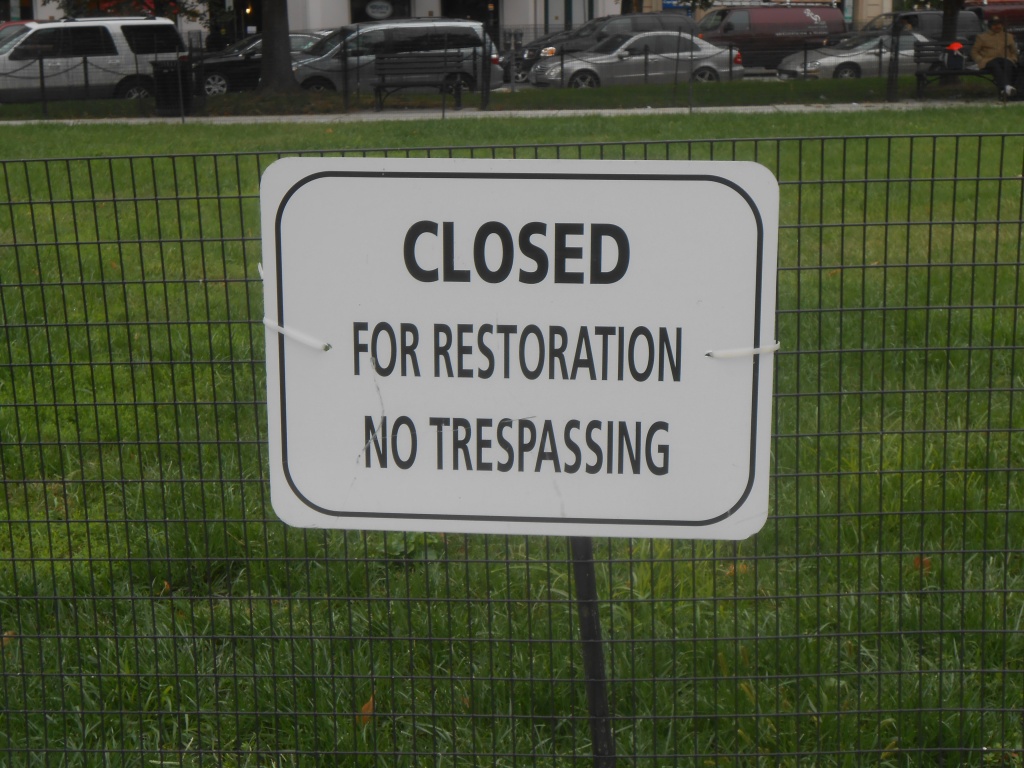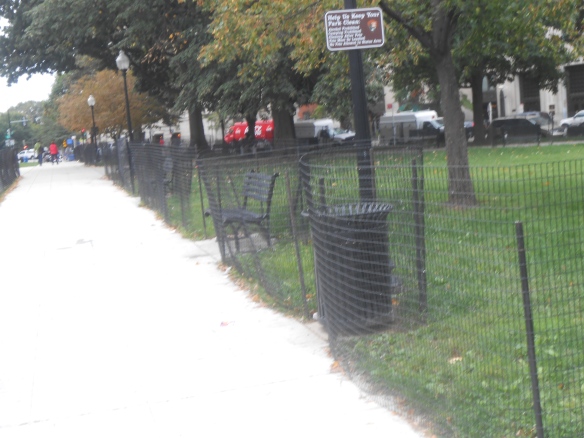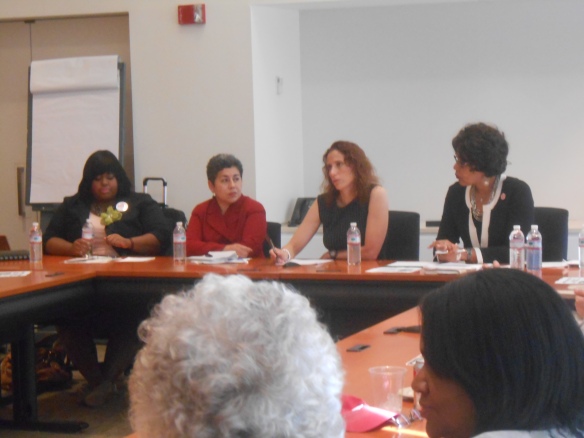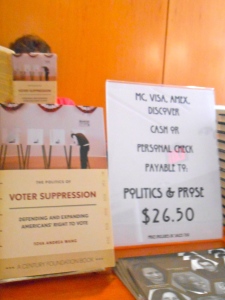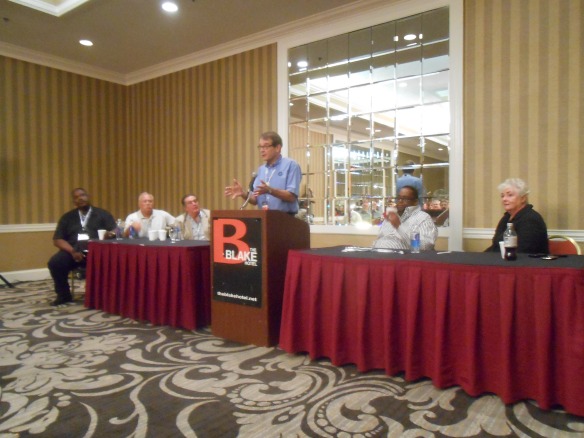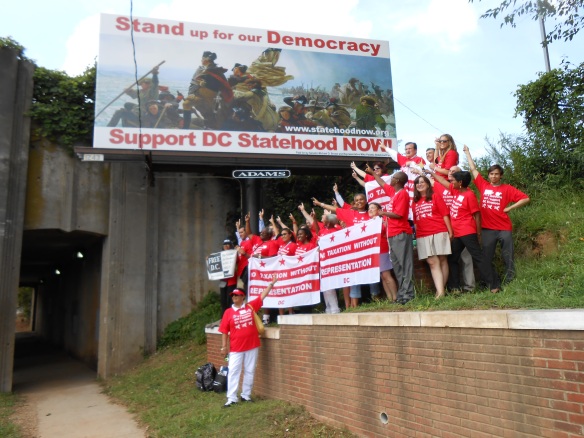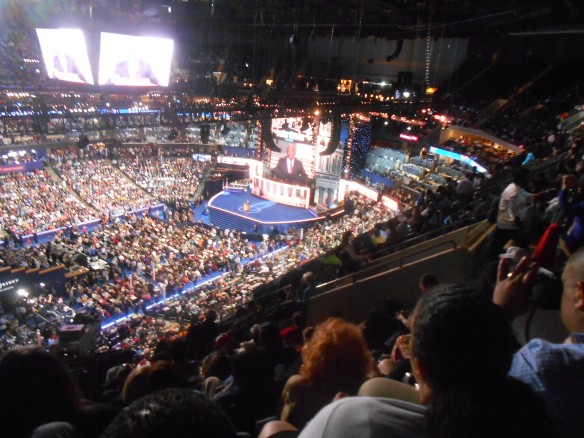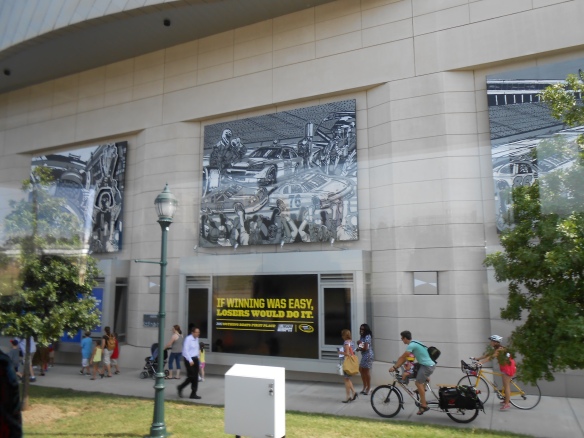How does the media decide what is worthy of coverage and when? On Wednesday, the Israelis fired upon Gaza and the press began covering the matter. I’m trying to understand why they’re starting to cover this now, and not at any time when 750 rockets were fired into Israel from Gaza during the past year. Actually, where was the media coverage when 200 rockets were fired upon Israel in one 24 hour period during this last week? Why did coverage only seem to begin when Israel fired back? Why does the coverage always seem to begin when Israel responds? Why, in one article I recently read, is Israel’s response referred to as “straining its delicate relations” with Egypt? What is the implied assumption of this language? Is it expected that Israel should consistently absorb attacks without reaction and that to not do so makes them the ones responsible for straining relations? Why were Hamas’s attacks on Israel not seen as actions that could lead ultimately to this situation and thus strained Israeli-Egyptian relations? And for that matter, where did all those Gaza rockets come from? It appears that the Gaza strip’s only borders are with Israel, Egypt, and the Mediterranean. So how did Hamas obtain the rockets? I’d really be interested in the results of some investigative reporting on that. But the mainstream media does not seem to have an interest in pursuing such questions, not at this point in time at any rate.
I hope it won’t come to an Israeli invasion of Gaza, but if it does, I’d wager that the press will cover that in a larger fashion, and that the coverage will be largely about civilian casualties with little or nothing about the cause of the invasion, the part played by those who supplied the rockets to Hamas, those who smuggled the rockets in through Egypt or by sea, or even an investigation of why Hamas decided to launch 200 rockets at Israel at this particular time. And if past practice is any indication of future practice, probably Israel will be condemned by the U.N. before investigation, and quietly (very quietly, back-page quietly) revealed to be innocent of whatever charges three or four months later, after an actual investigation has been conducted.

